
3 Common Mistakes When Using Plastic Wrap That Can Cause Cancer — Many People Are Unaware
Almost every household uses plastic wrap to store food. However, using plastic wrap in these three common but wrong ways may unknowingly “invite diseases and cancer” into your body.![]()
What Is Plastic Wrap Made Of?
Plastic wraps are usually made from plastics like polyethylene (PE), polyvinyl chloride (PVC), or polyvinylidene chloride (PVDC). Some types also contain additives to improve properties like stickiness, resistance to oxidation, and durability.
While plastic wrap is convenient, improper use can pose health risks. Chemicals from the plastic can migrate into food, especially when used incorrectly, and prolonged exposure to these substances may harm your health and increase your risk of cancer.
1. Three Common Mistakes People Make When Using Plastic Wrap
Here are three common but dangerous mistakes people often make when using plastic wrap, which can lead to health problems:
Mistake #1: Reusing Plastic Wrap
Many try to save money or reduce waste by reusing plastic wrap. However, the environment around us, even inside refrigerators, contains countless invisible bacteria. Reusing plastic wrap can easily contaminate food and compromise food safety.
Moreover, reusing plastic wrap increases the risk that harmful chemicals could leach into your food, potentially leading to various illnesses, including cancer, especially with long-term exposure.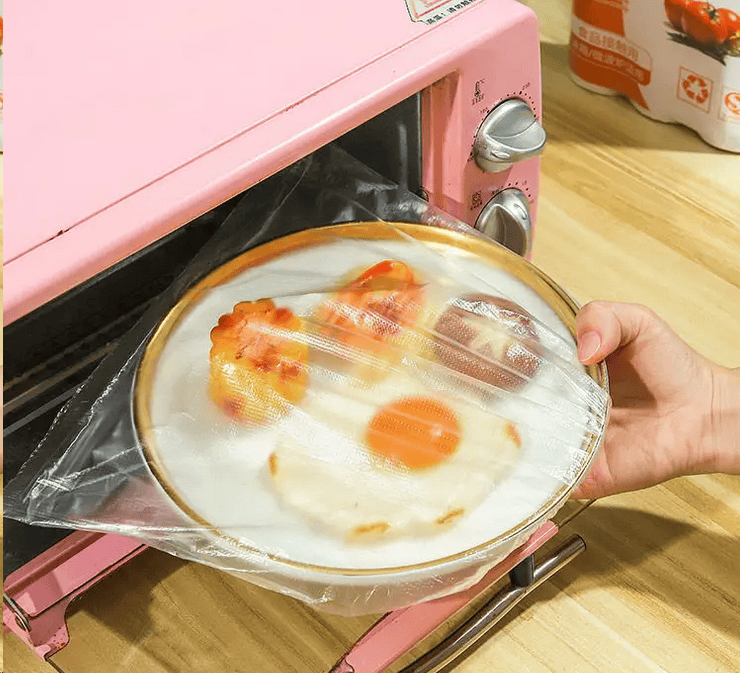
Mistake #2: Using Plastic Wrap to Steam or Reheat Food
Most plastic wraps on the market are made from food-grade PE plastic, which is relatively stable and safe under normal conditions. However, PE plastic has a low melting point. When exposed to high heat for long periods, the wrap can soften, deform, or even melt.
If you reheat food at high temperatures while wrapped in plastic, the wrap may melt onto the food, releasing toxic chemicals harmful to your body. This can increase the risk of cancer and other health issues.
Mistake #3: Using Low-Quality Plastic Wrap
Some cheap plastic wraps may contain high levels of DEHA (Diethylhexyl Adipate), a plasticizer that can negatively affect reproductive health, development, and liver function. DEHA exposure is also linked to increased cancer risk.
What Type of Plastic Wrap Should You Use?
As mentioned, plastic wraps are mainly made from PVC, PE, or PVDC:
-
PVC Wrap: This is the most controversial type. It contains polyvinyl chloride and usually has a large amount of plasticizers added to improve flexibility. While inexpensive, PVC wraps have a low safety rating and are more likely to release harmful chemicals.
-
PE Wrap: This is relatively safer but should be avoided at high temperatures due to its low melting point.
-
PVDC Wrap: Made from polyvinylidene chloride, PVDC offers excellent barrier properties against moisture and oxygen and has high chemical resistance. Though more expensive, PVDC is the safest choice for wrapping cooked food.
2. Five Important Tips for Safe Use of Plastic Wrap
-
Avoid direct contact with food: When wrapping cooked or leftover food, don’t let the plastic wrap touch the food directly. Leave at least a 2 cm gap to minimize chemical migration.
-
Avoid wrapping hot or oily food with PVC or PE wraps: Use PVDC wraps or food containers instead, especially for oily or heated foods.
-
Limit the storage time: Plastic wrap is meant to keep food fresh only for a short time, ideally less than 12 hours. Don’t use it for long-term storage.
-
Not all foods should be wrapped: Foods like bananas or tomatoes emit ethylene gas, which speeds up ripening. Wrapping these can accelerate spoilage and degrade nutrients such as vitamin C.
-
Avoid low-quality plastic wraps: Do not use wraps that smell strongly of chemicals, feel sticky, are very thin and easily torn, are cloudy, have spots, or uneven coloring. These signs indicate poor quality and potential health risks.
Final Thoughts
Using plastic wrap correctly is essential for protecting your health and reducing the risk of cancer. Always choose high-quality wraps, avoid heating food wrapped in plastic, and never reuse plastic wrap. Following these simple precautions will help keep your food safe and your family healthy.
News in the same category


Phones with these 6 signs are definitely being monitored, especially number 2 should be careful

Why You Should Put Toothpaste on Your Feet

Do Not Turn On The TV When Checking Into A Hotel
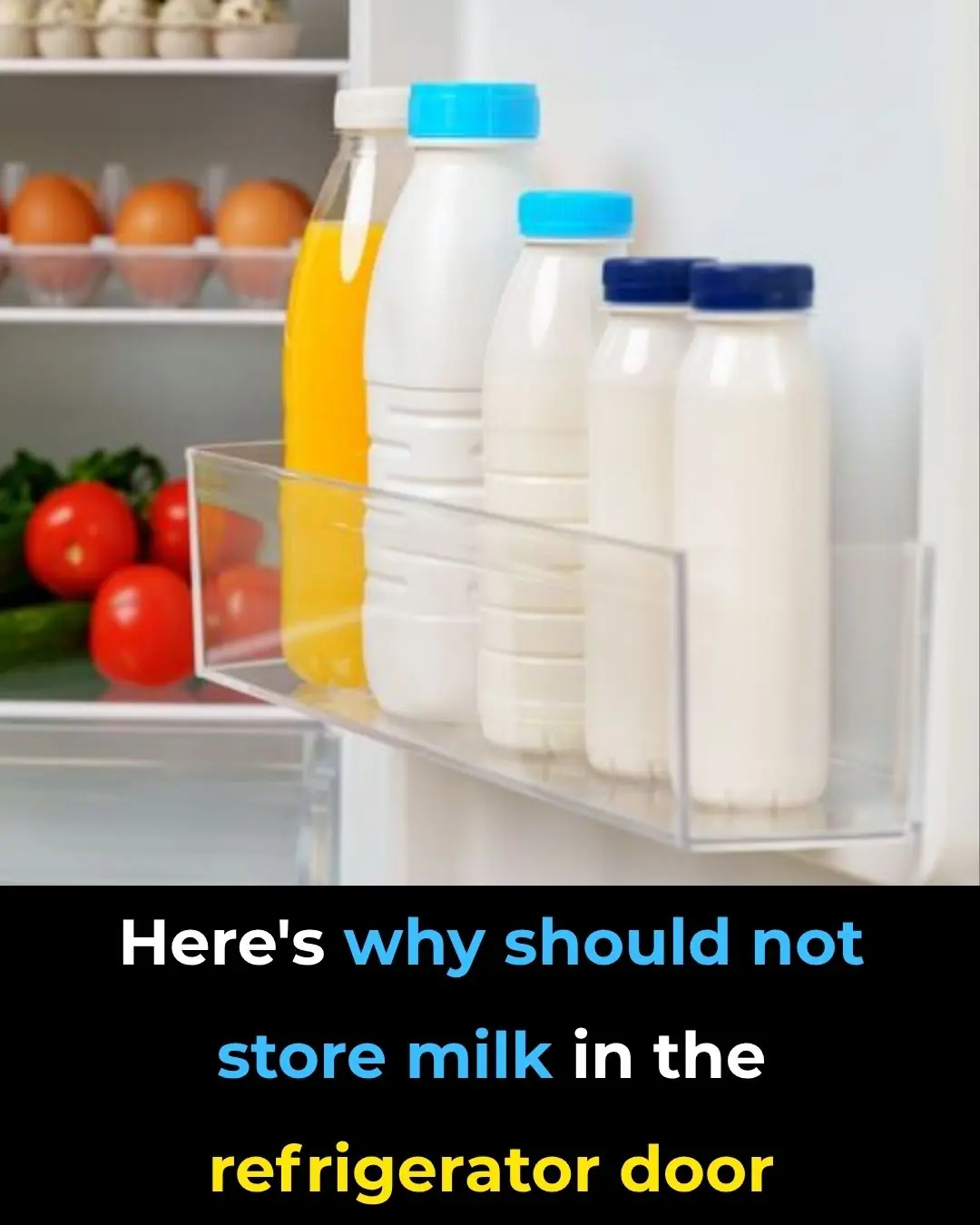
Why You Should No Longer Store Milk In The Refrigerator Door
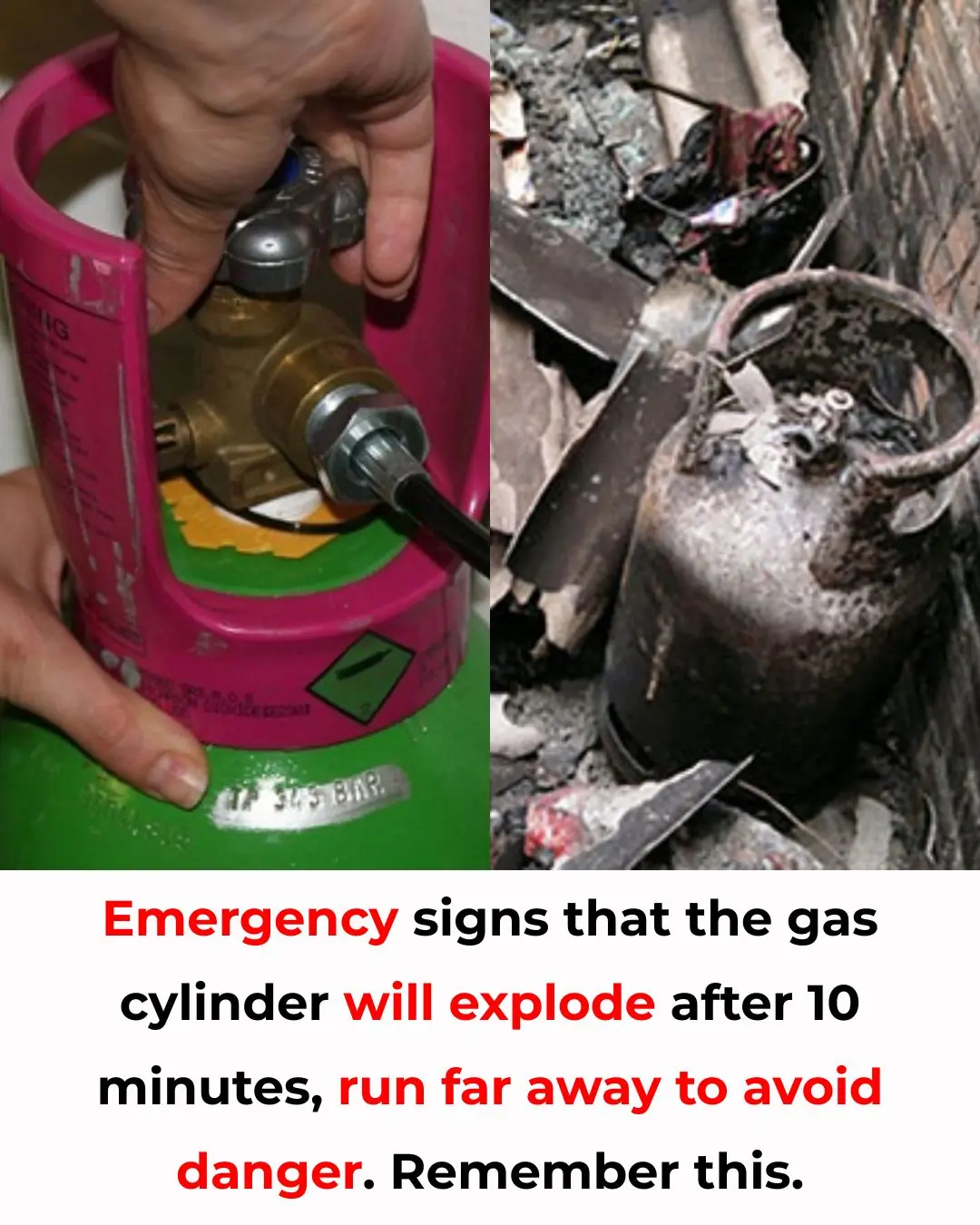
Emergency signs that the GAS CYLINDER will explode after 10 minutes, run far away to avoid danger. Remember this
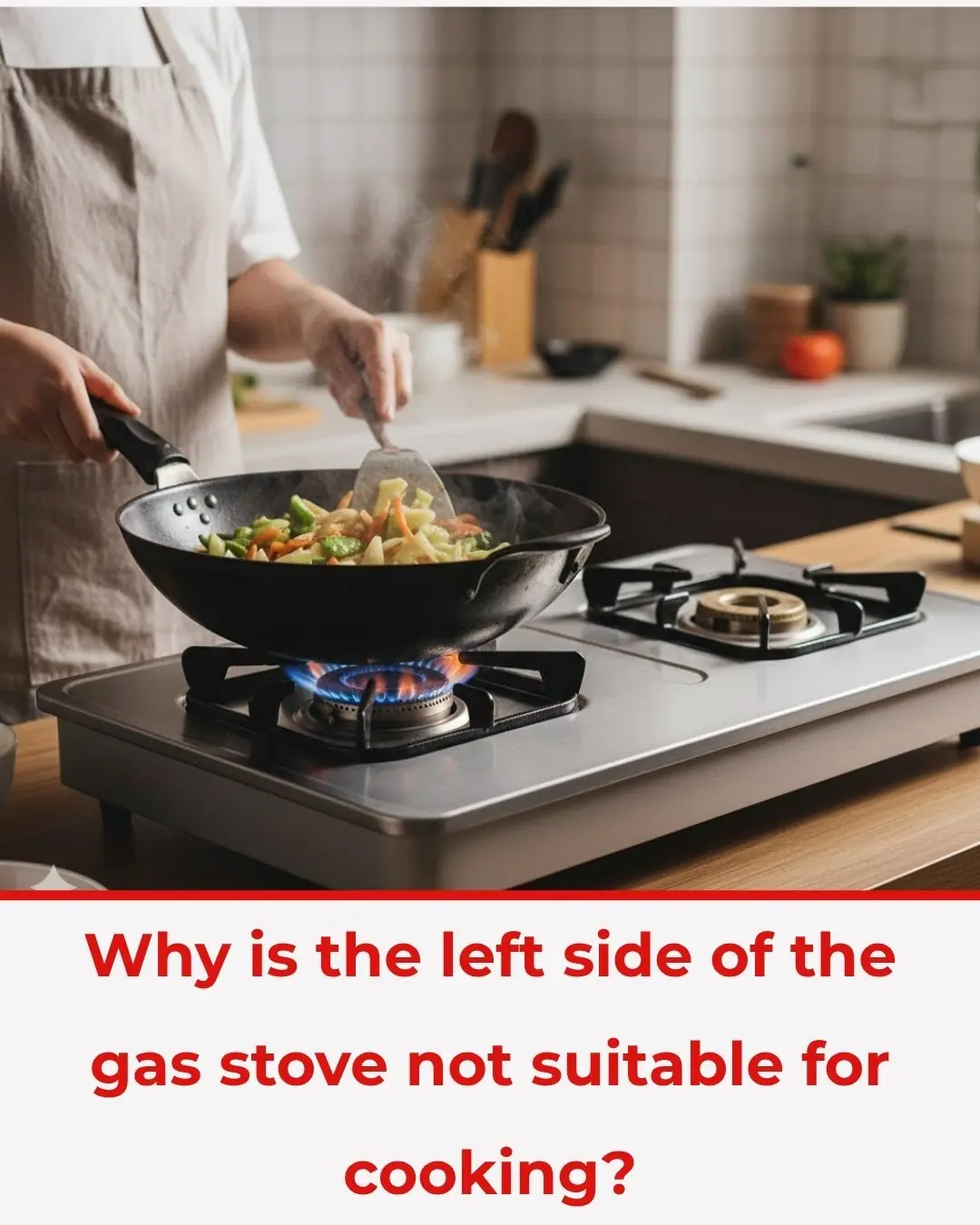
Why is the left side of the gas stove not suitable for cooking?
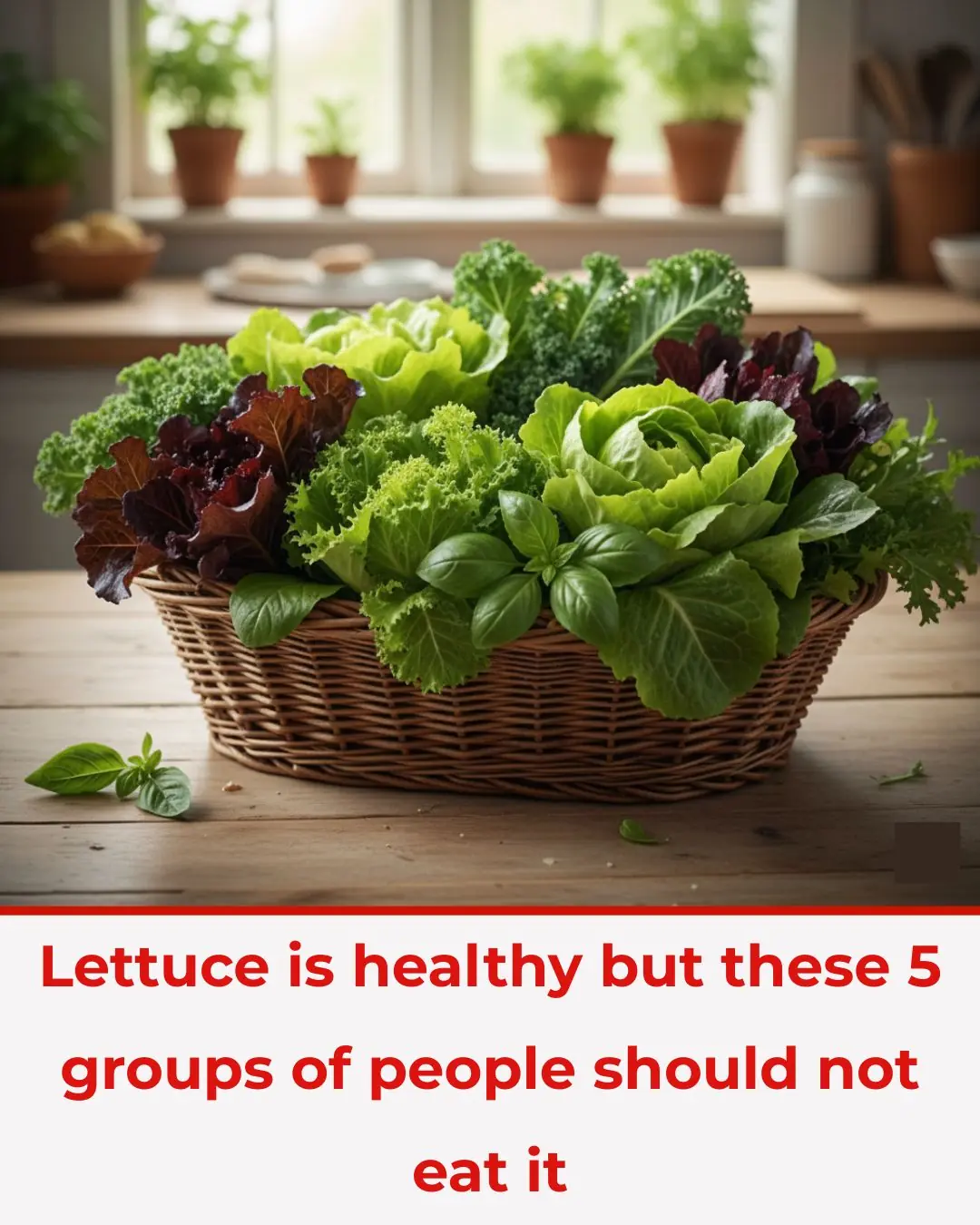
Lettuce is healthy but these 5 groups of people should not eat it

Tips to reduce sweating on hot sunny days
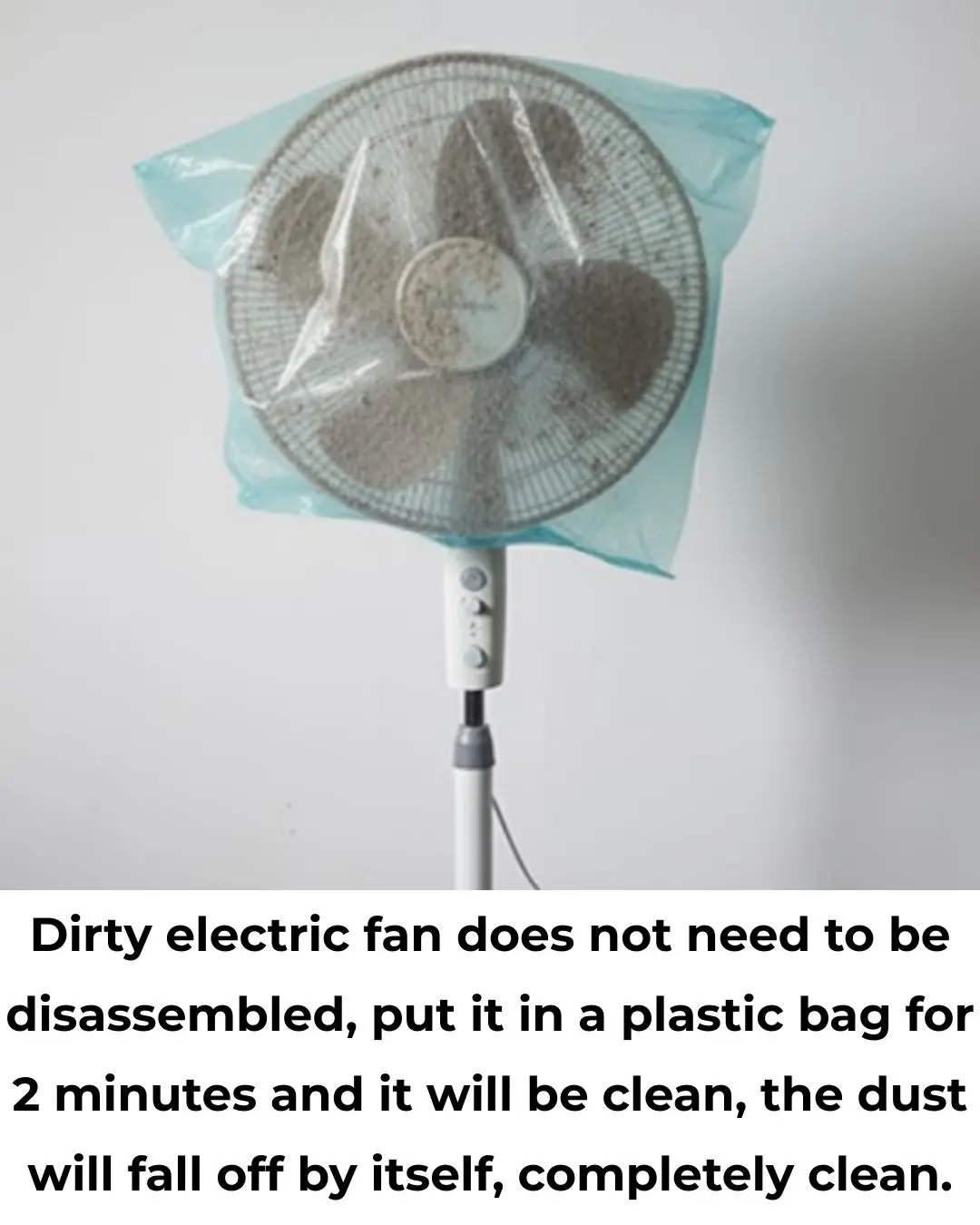
No Need to Dismantle: Clean a Dirty Fan in Just 2 Minutes with a Plastic Bag – Dust Falls Off Instantly!
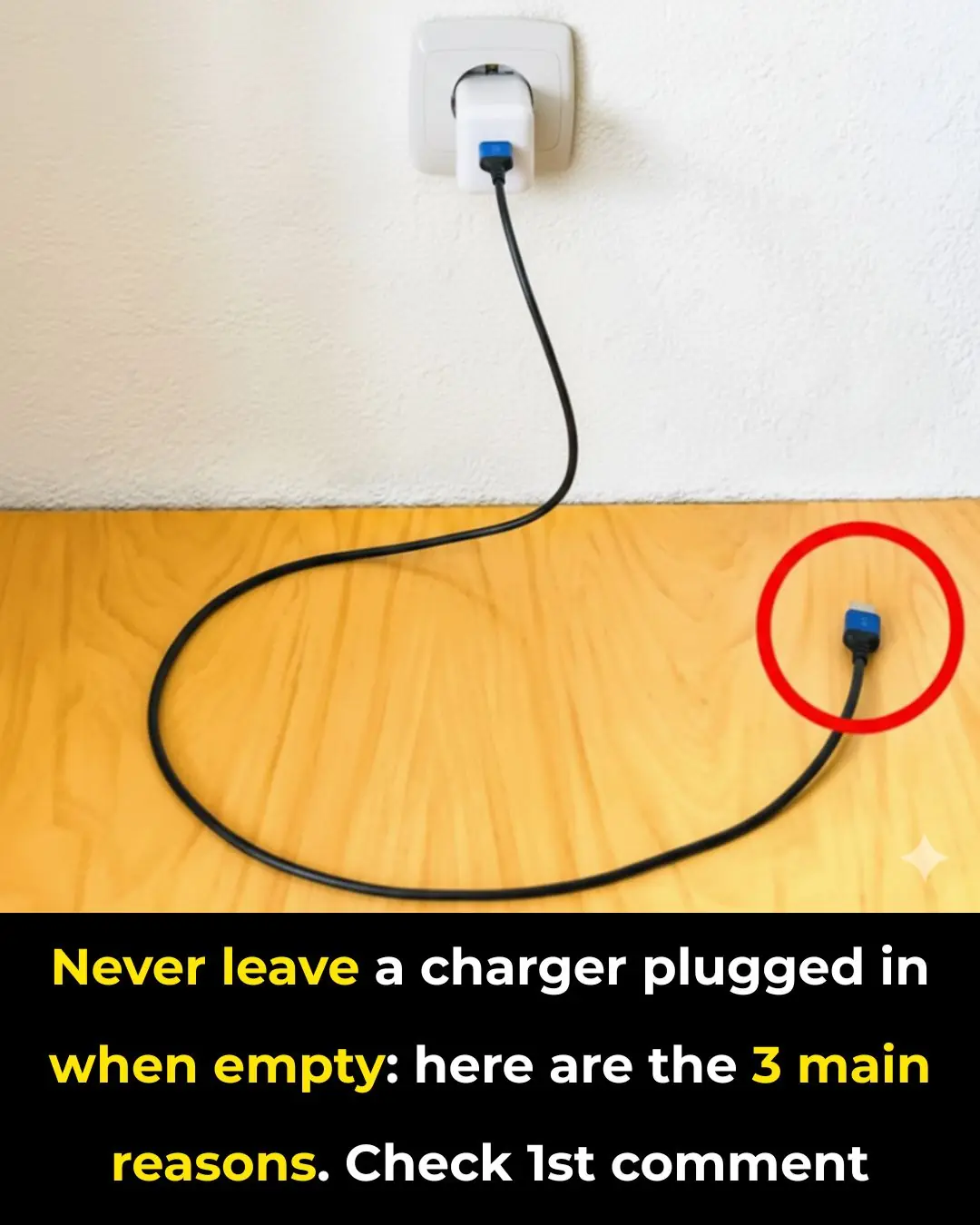
Never leave a charger plugged in when empty: here are the 3 main reasons.
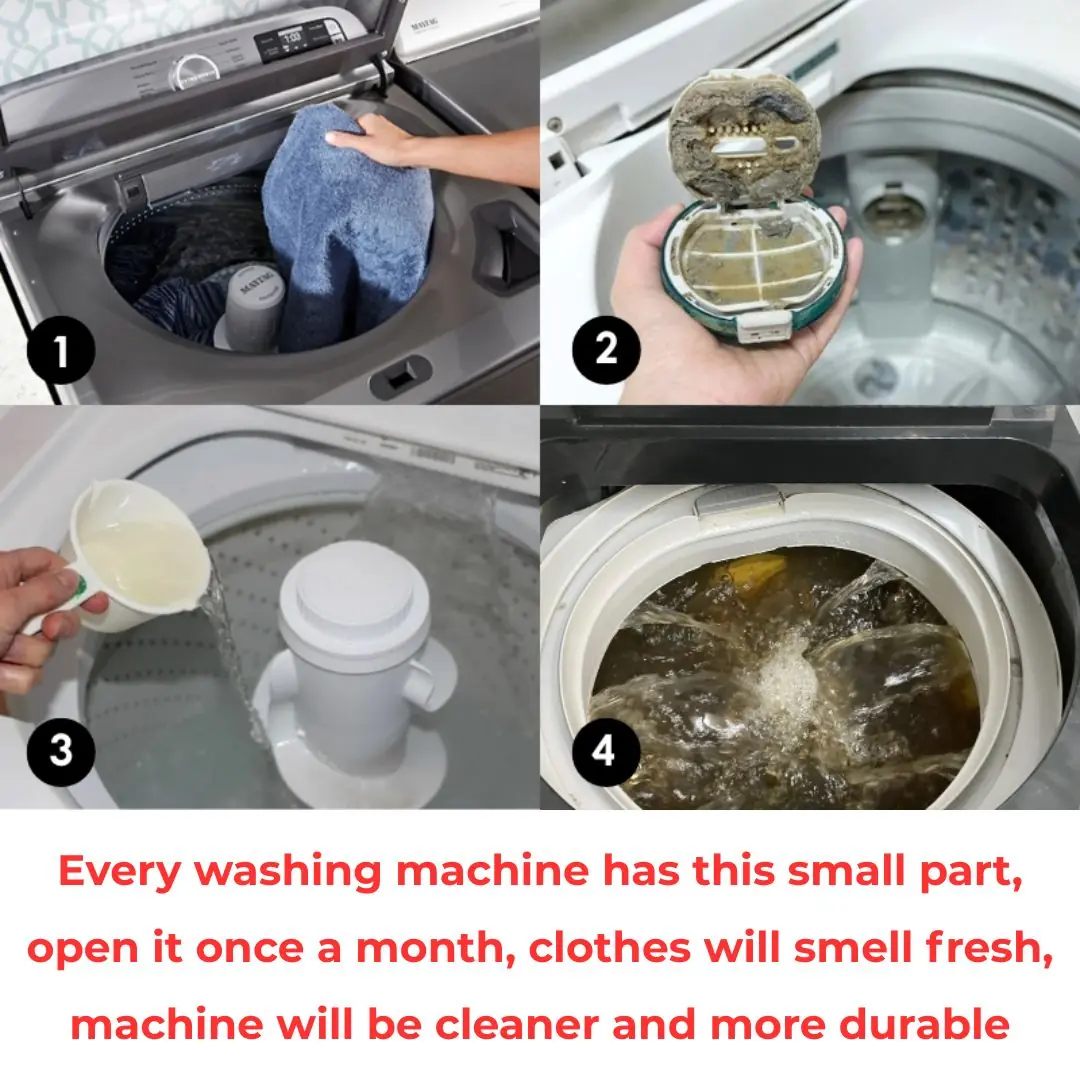
Every washing machine has this small part, open it once a month, clothes will smell fresh, machine will be cleaner and more durable
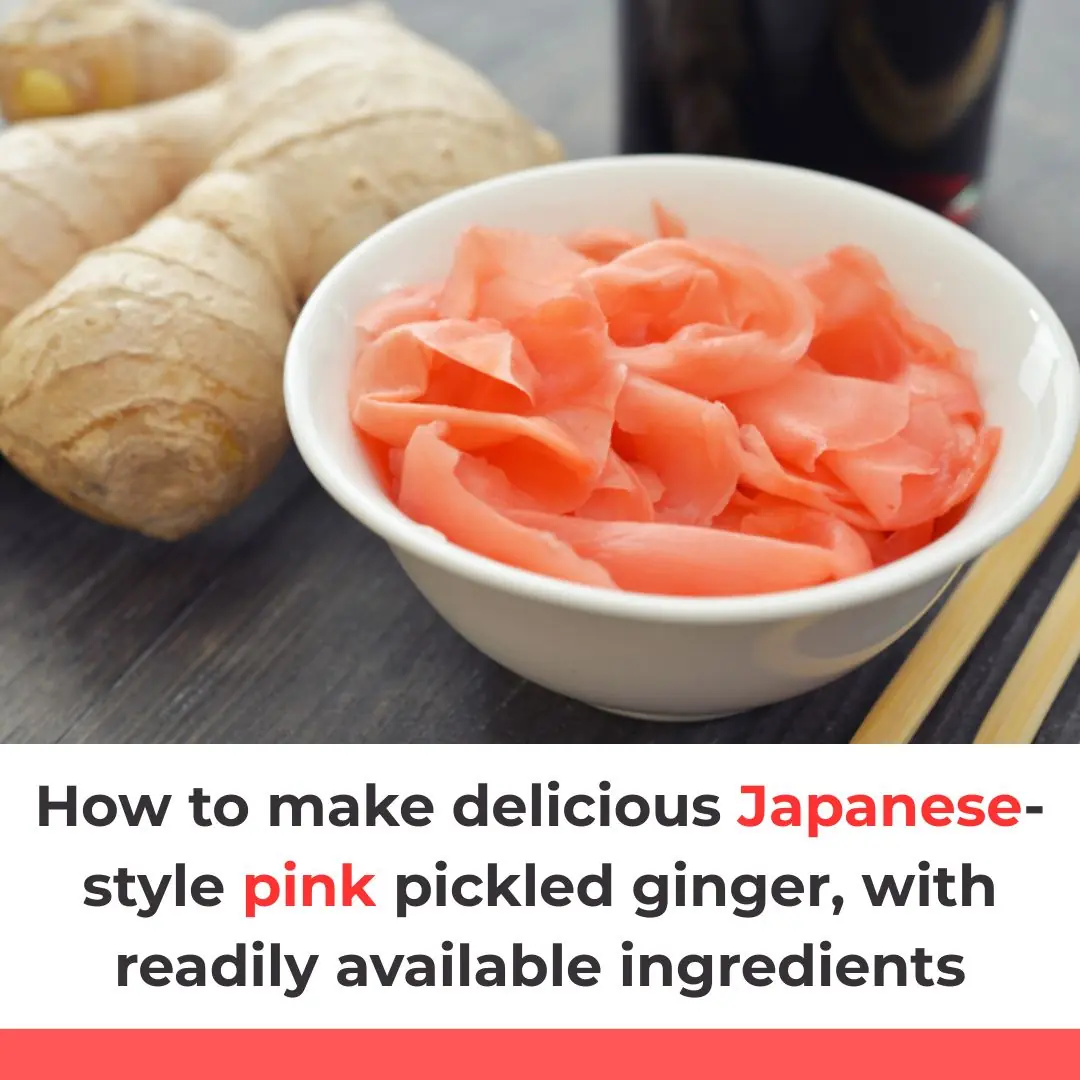
How to make delicious Japanese-style pink pickled ginger, with readily available ingredients
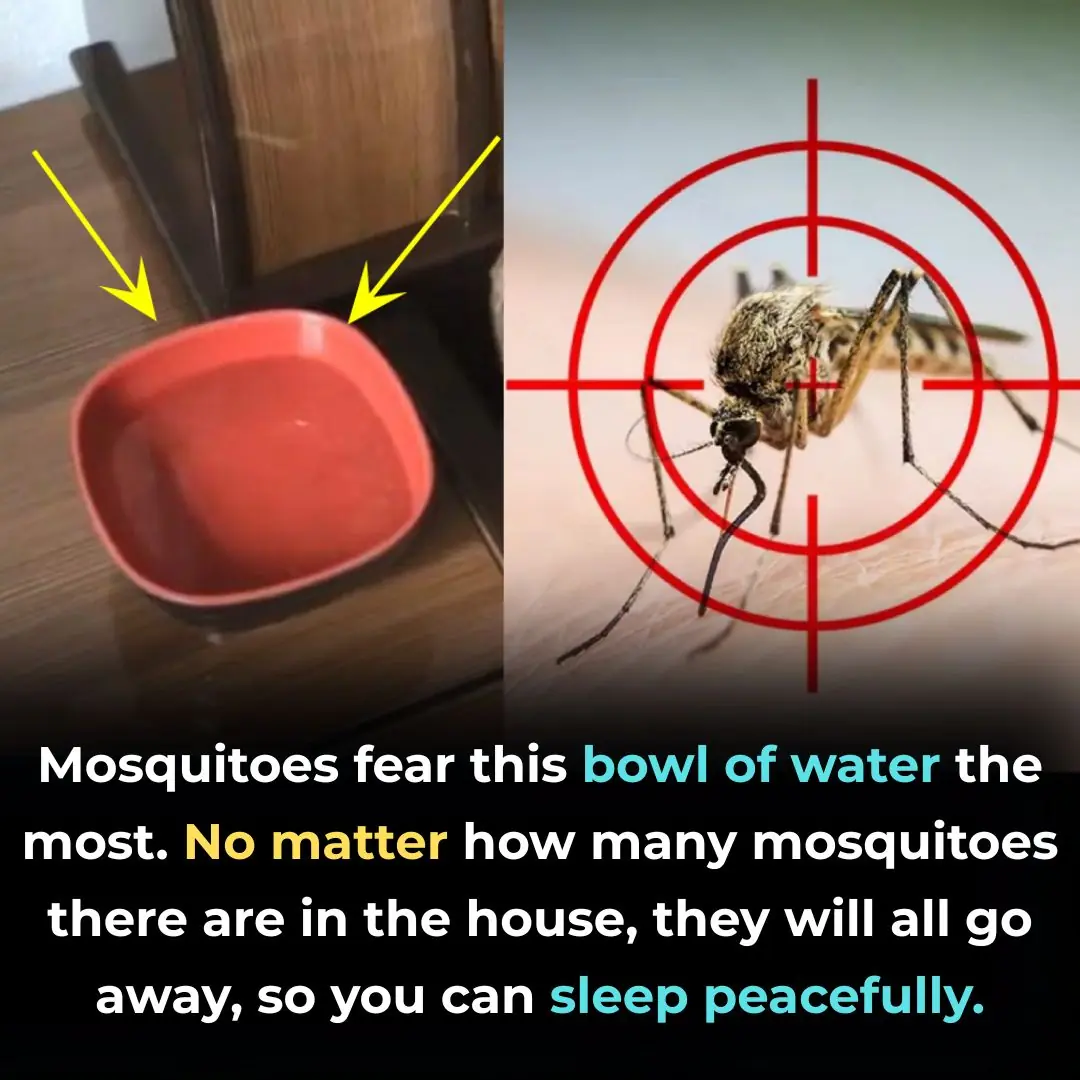
Mosquitoes fear this bowl of water the most. No matter how many mosquitoes there are in the house, they will all go away, so you can sleep peacefully.
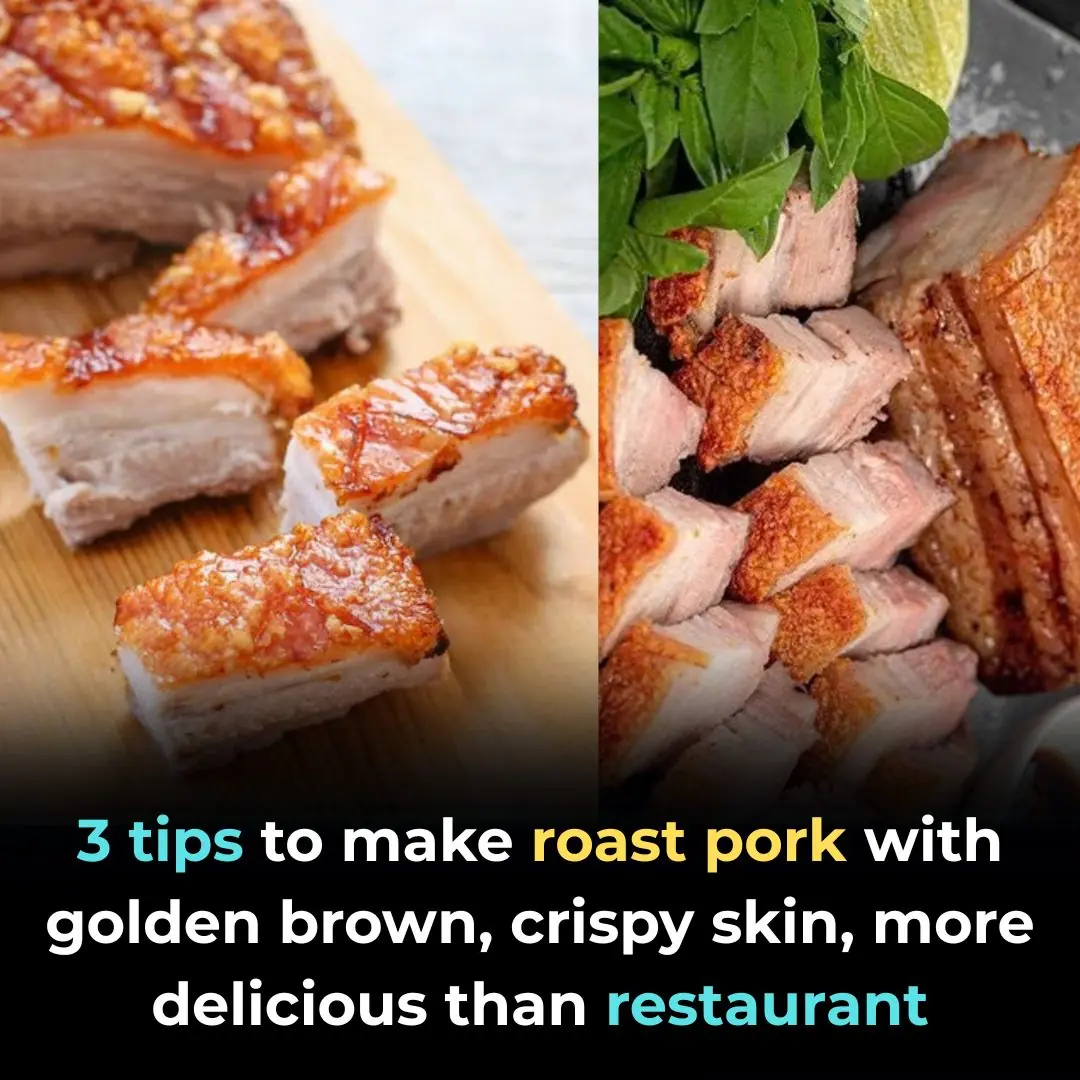
3 tips to make roast pork with golden brown, crispy skin, more delicious than restaurant
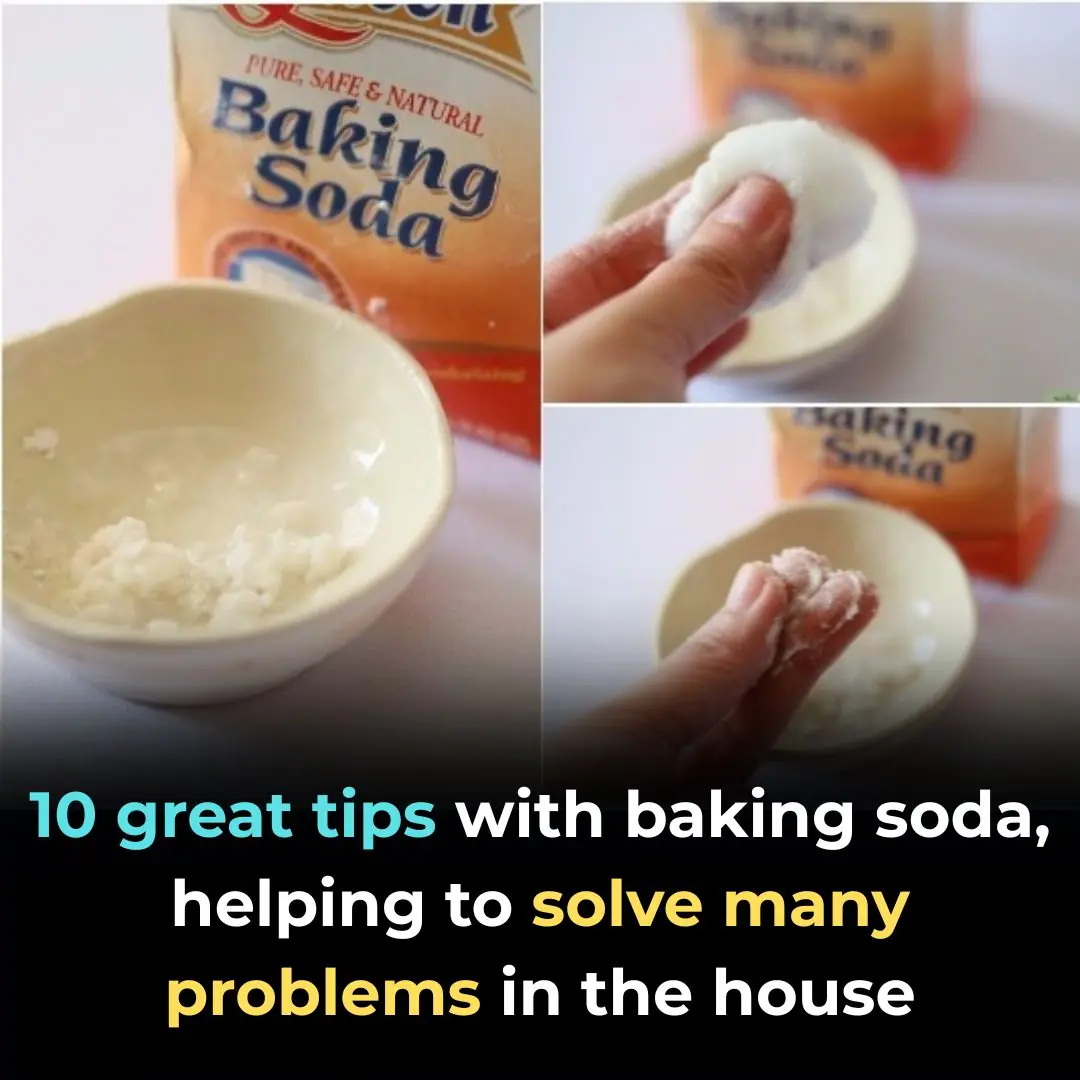
10 great tips with baking soda, helping to solve many problems in the house
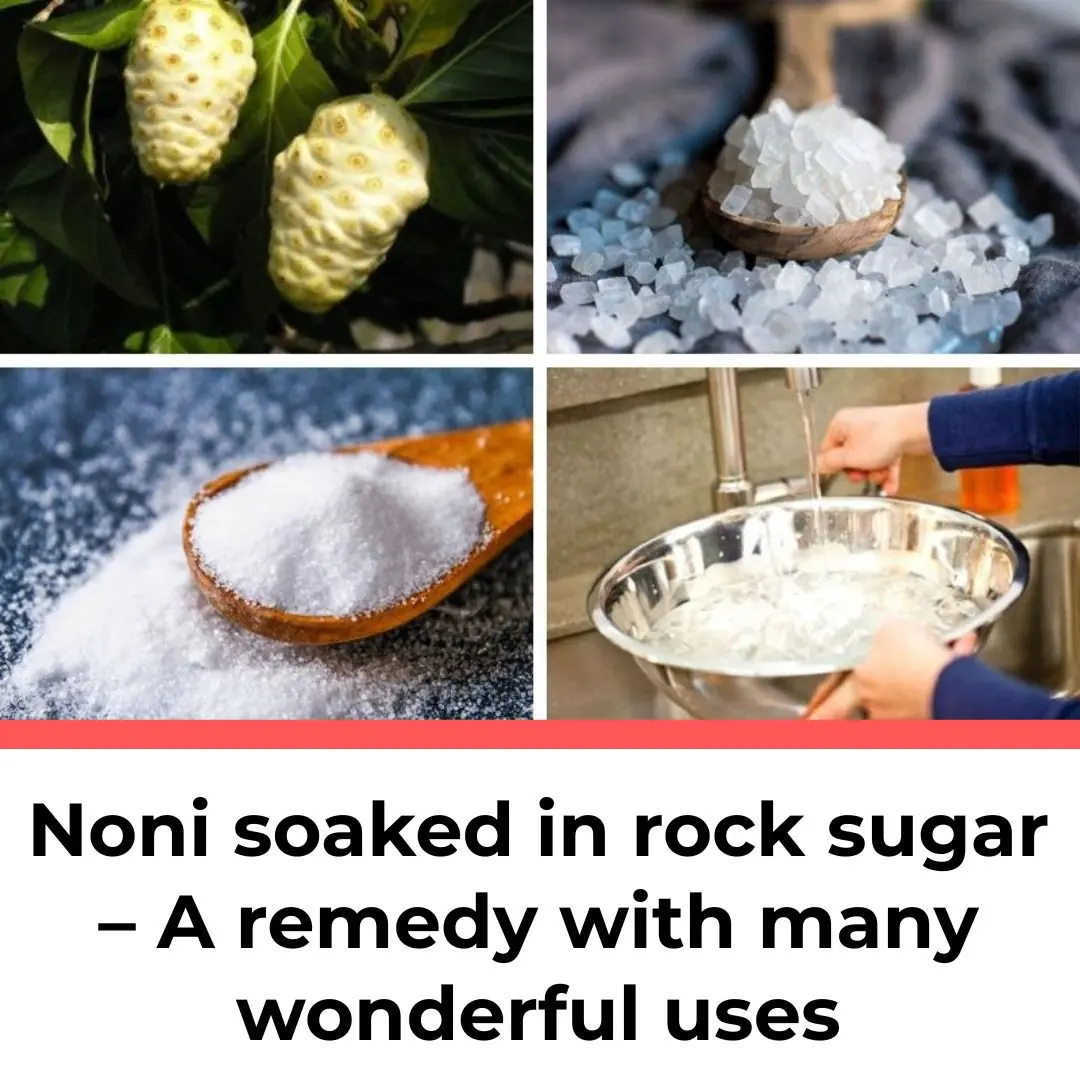
Noni soaked in rock sugar – A remedy with many wonderful uses

Bougainvillea loves this type of water the most. Water it once every 10 days and the flowers will bloom brilliantly, covering the branches.

Husband secretly gave money to the maid, I was surprised to know her real identity.
News Post

A Wheelchair to the World: A Mother’s Plea for Her Brave Son, Matwej

The Girl Who Refuses to Stop Fighting: Milenka’s Fourth Battle for Life
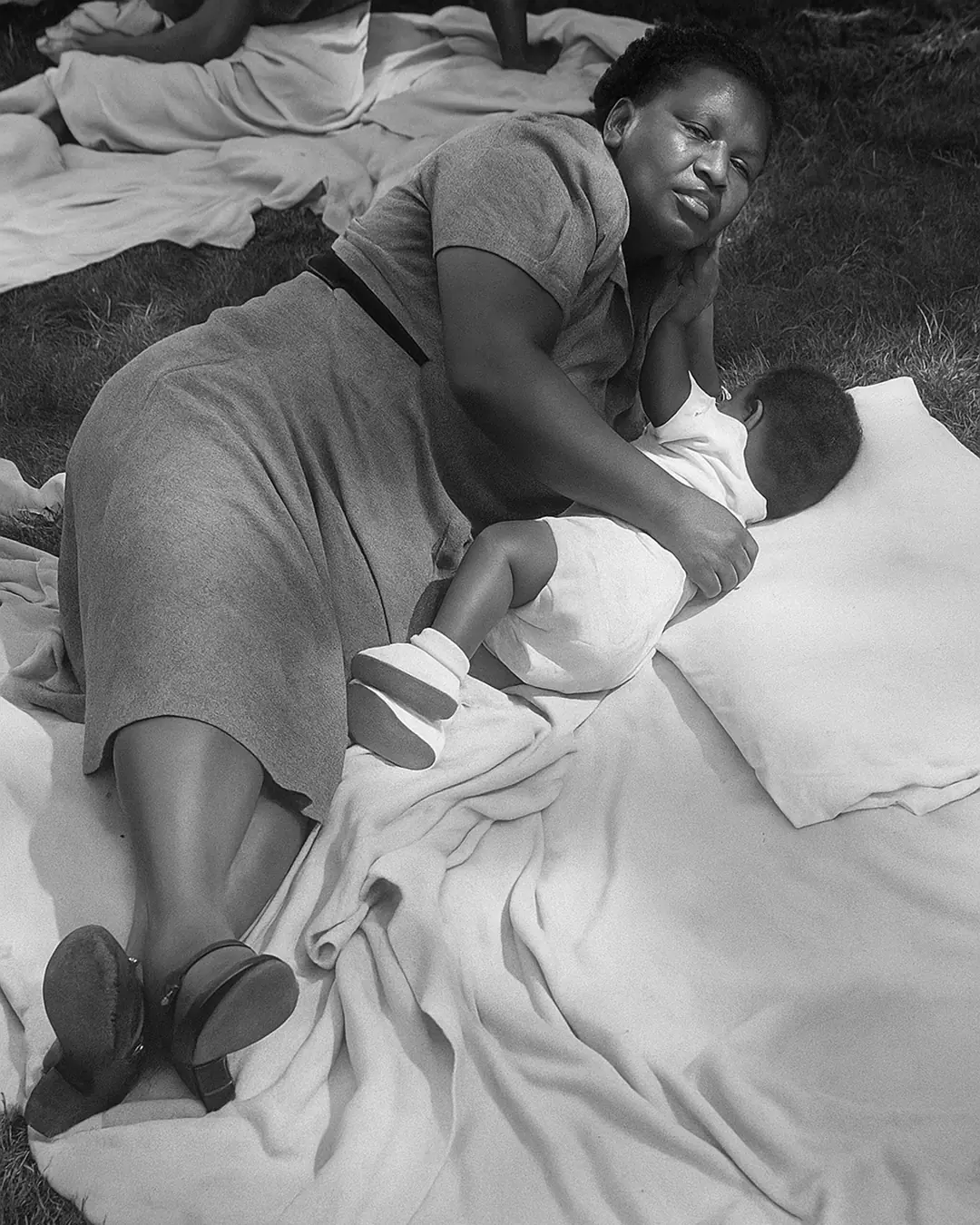
The Girl Who Struck Oil: The Remarkable Life of Sarah Rector.
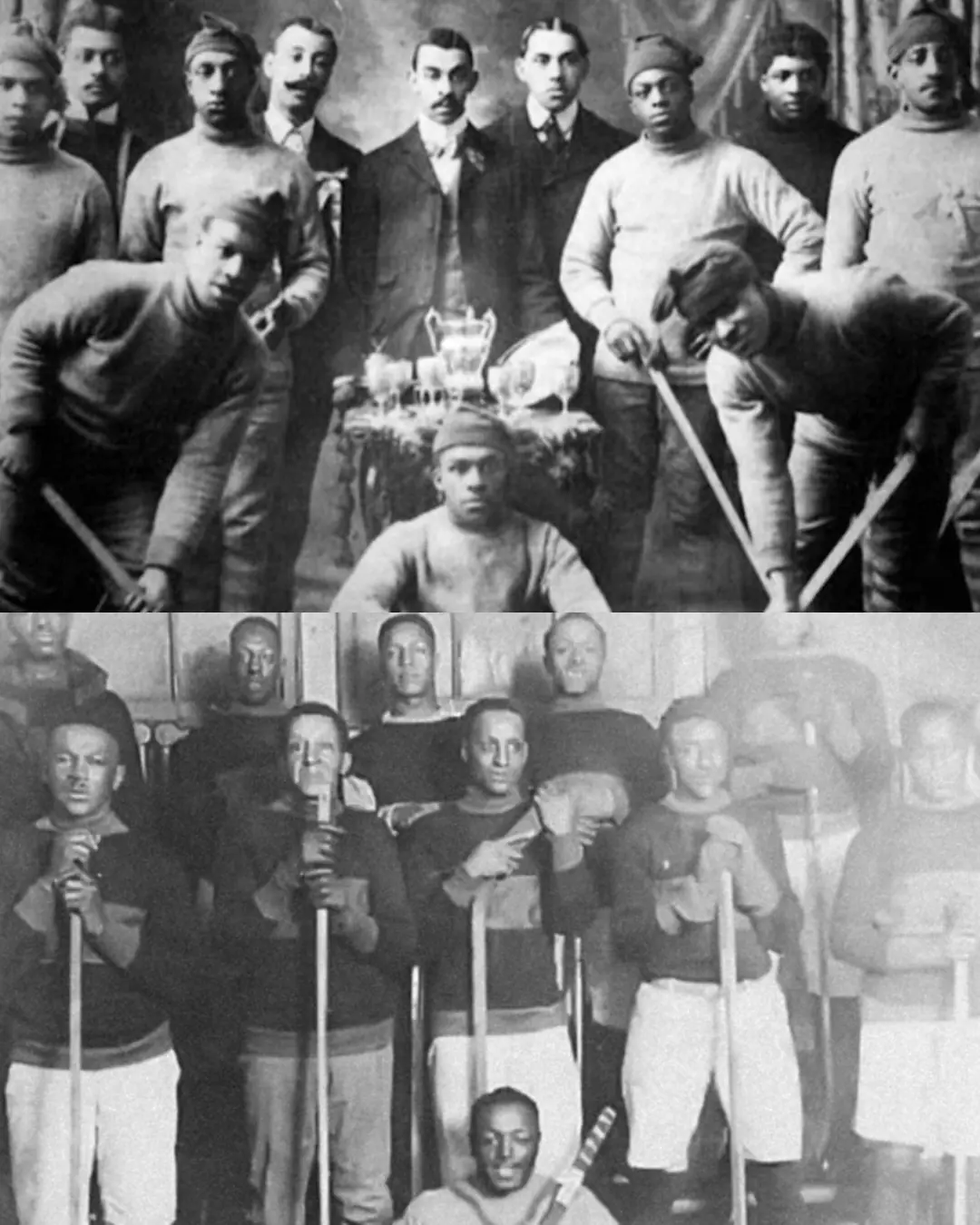
The Forgotten Founders of Hockey — and the Hidden History of Black Canada.

The Heart of Alain Delon — The Movie Legend Who Chose Compassion Over Fame.

The Boy Who Cut the Wrong Lawn — and Inspired the Right Kind of Kindness.
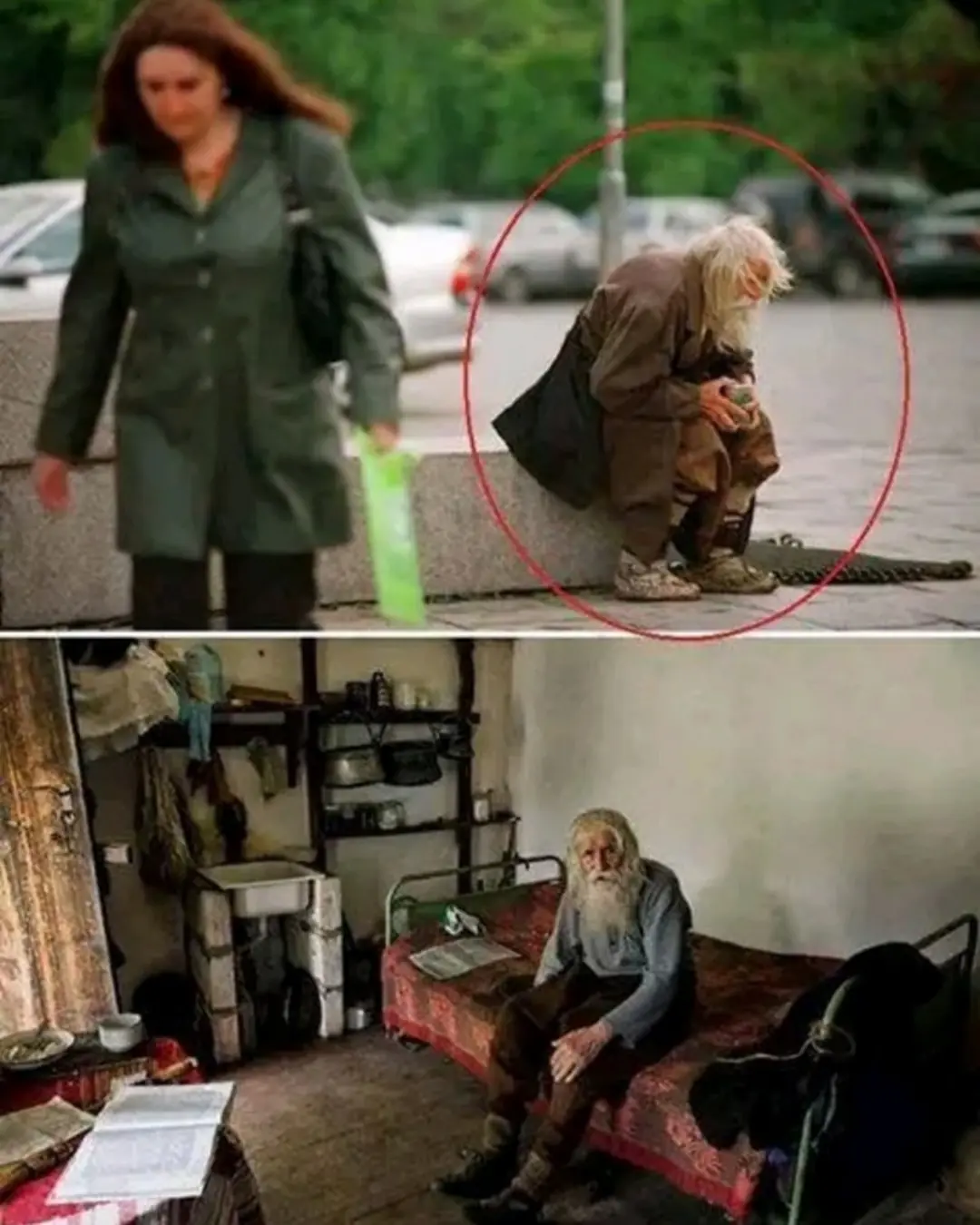
The Saint of Bailovo: The Beggar Who Gave Everything Away.
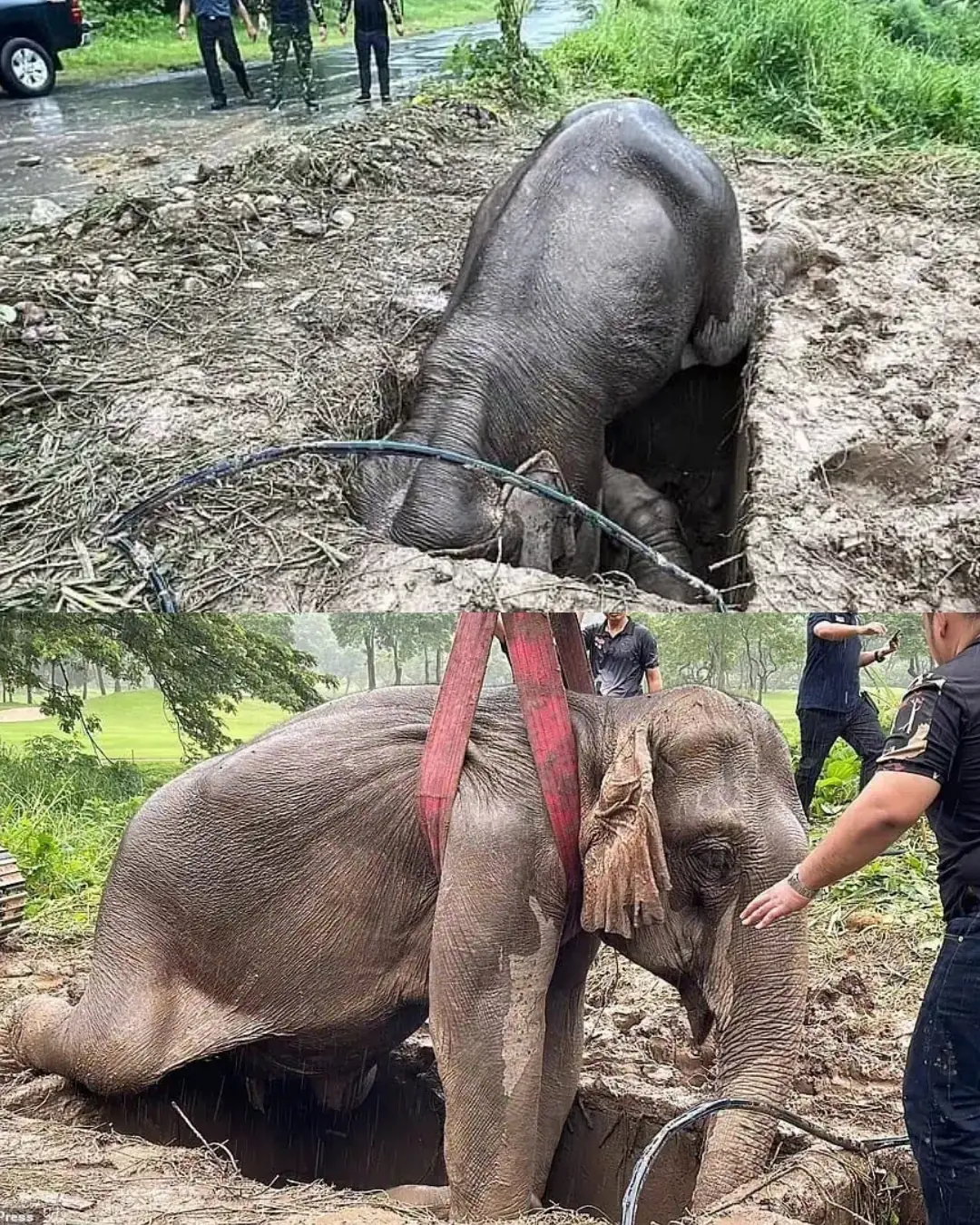
A Mother’s Heart: The Elephant Who Came Back to Life for Her Calf.
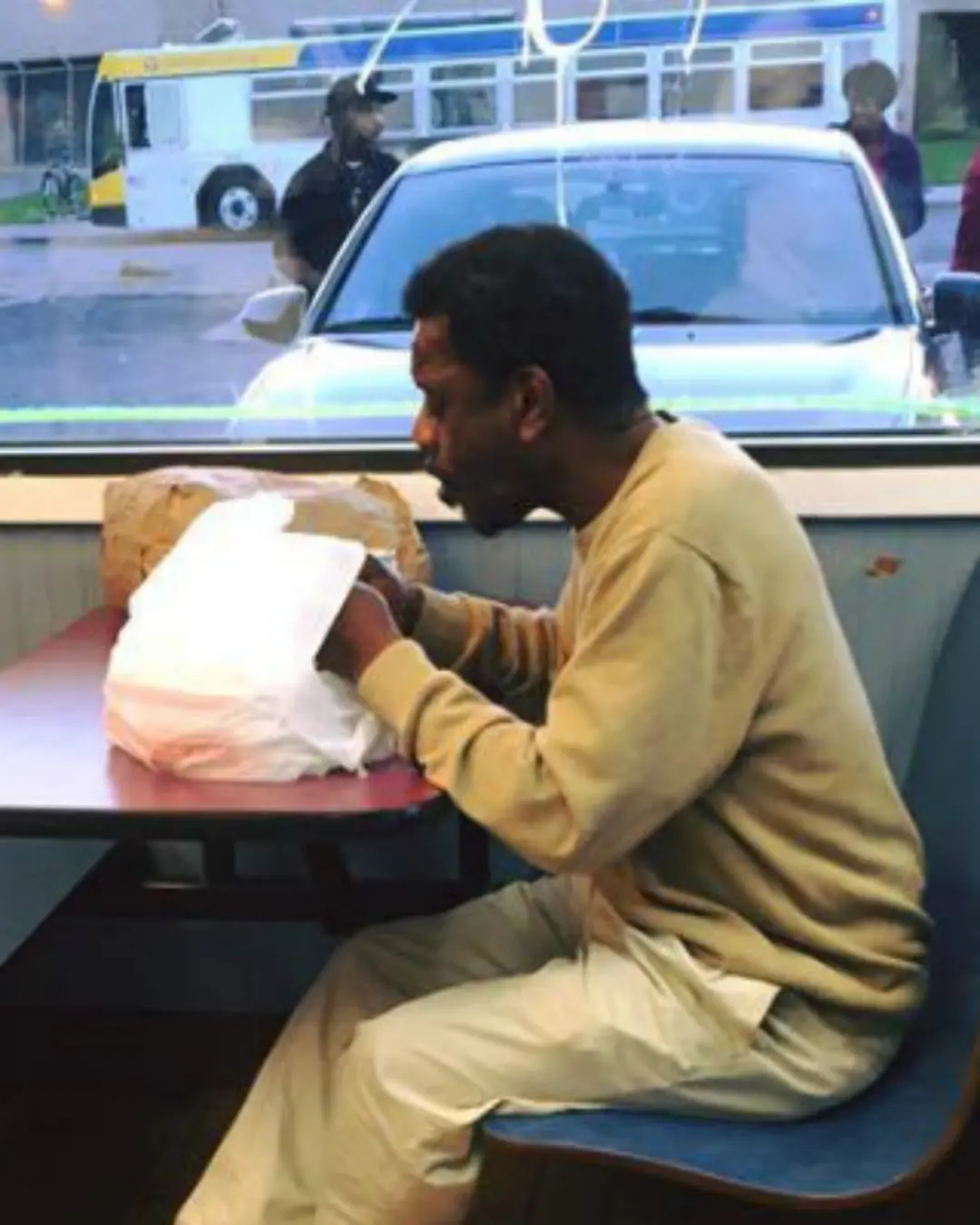
The Man Who Gave Away His Last Coins — and Taught Me What True Richness Means.
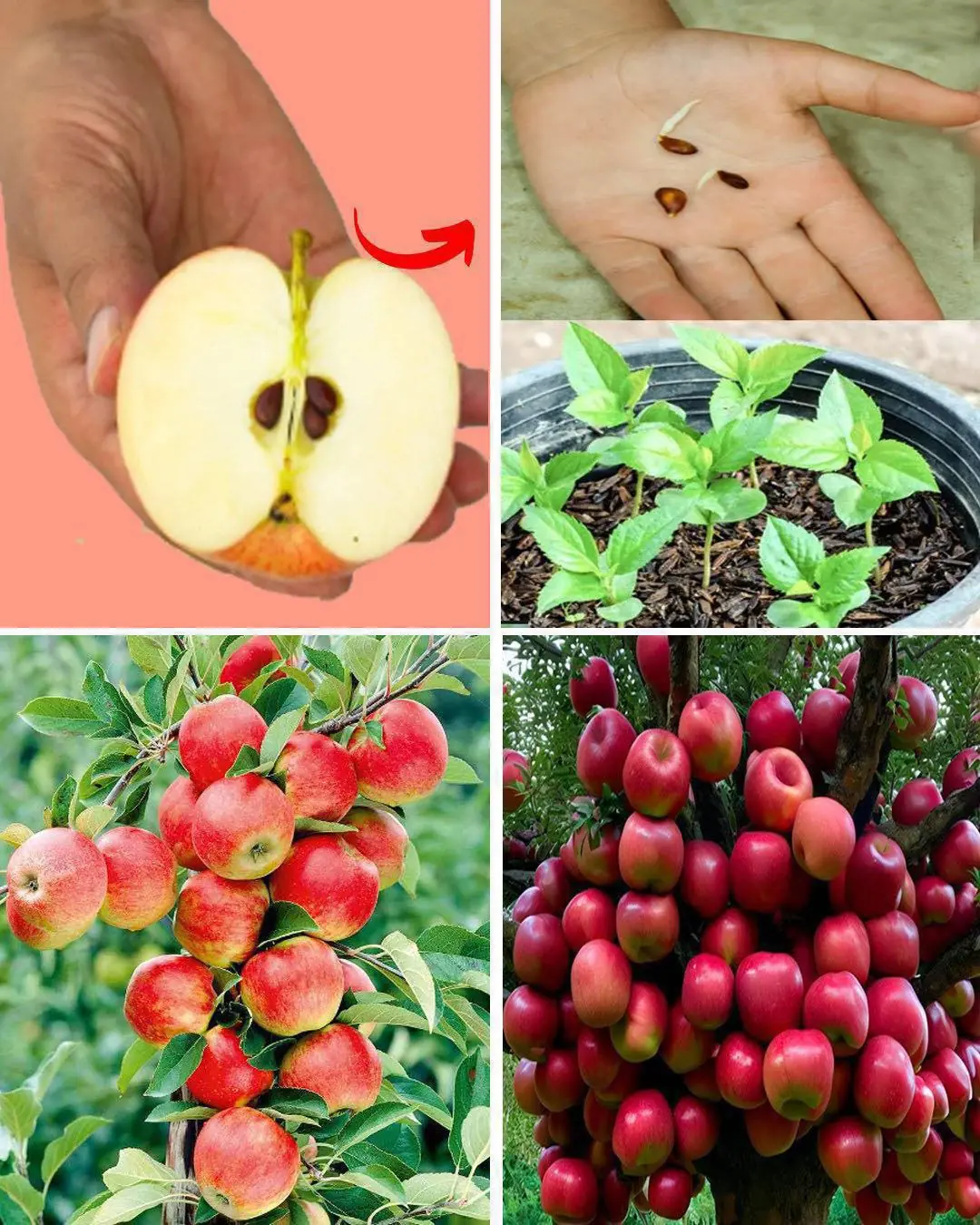
How to Grow an Apple Tree from SEED to FRUIT in 3 YEARS!
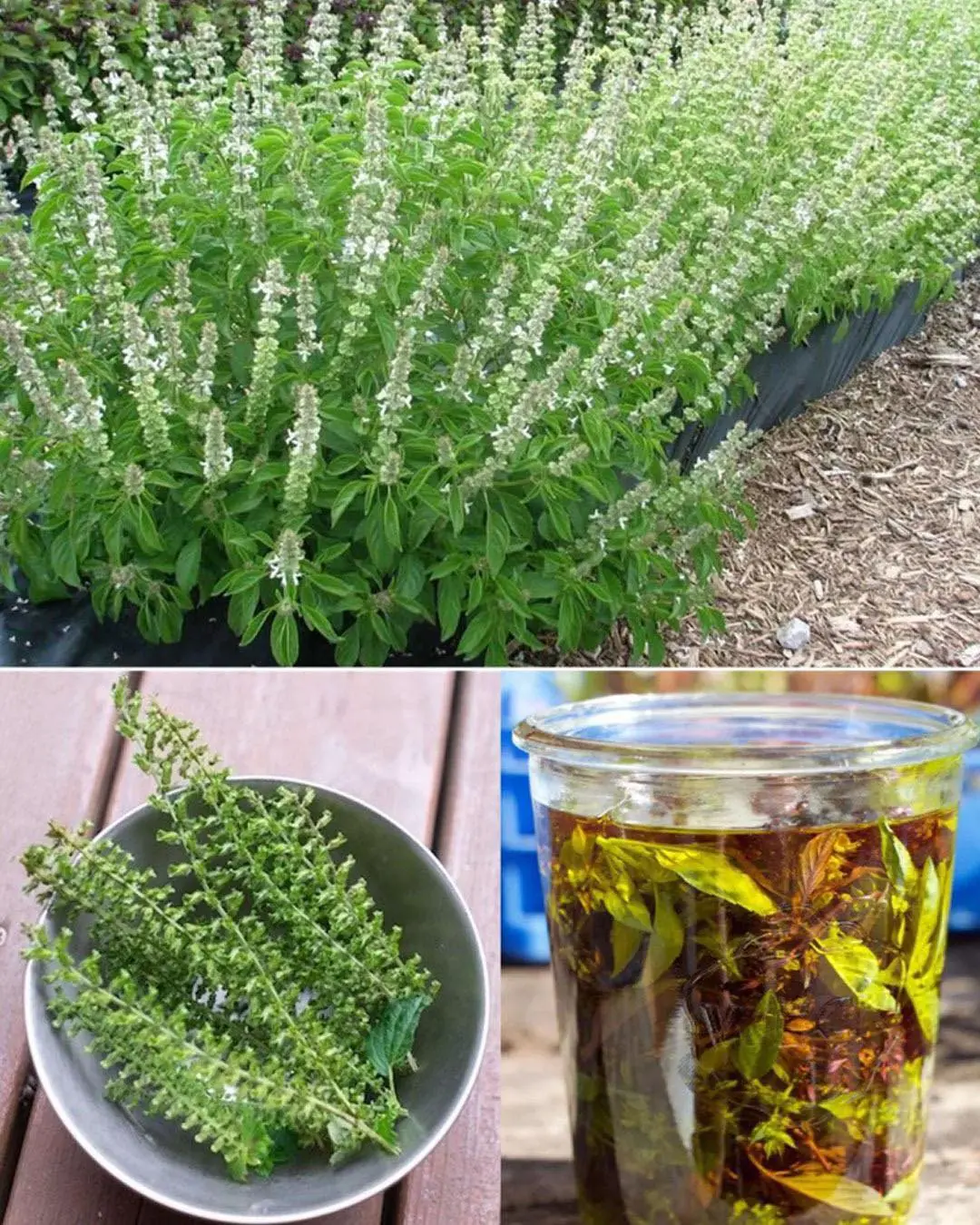
Basil flowers uses and benefits
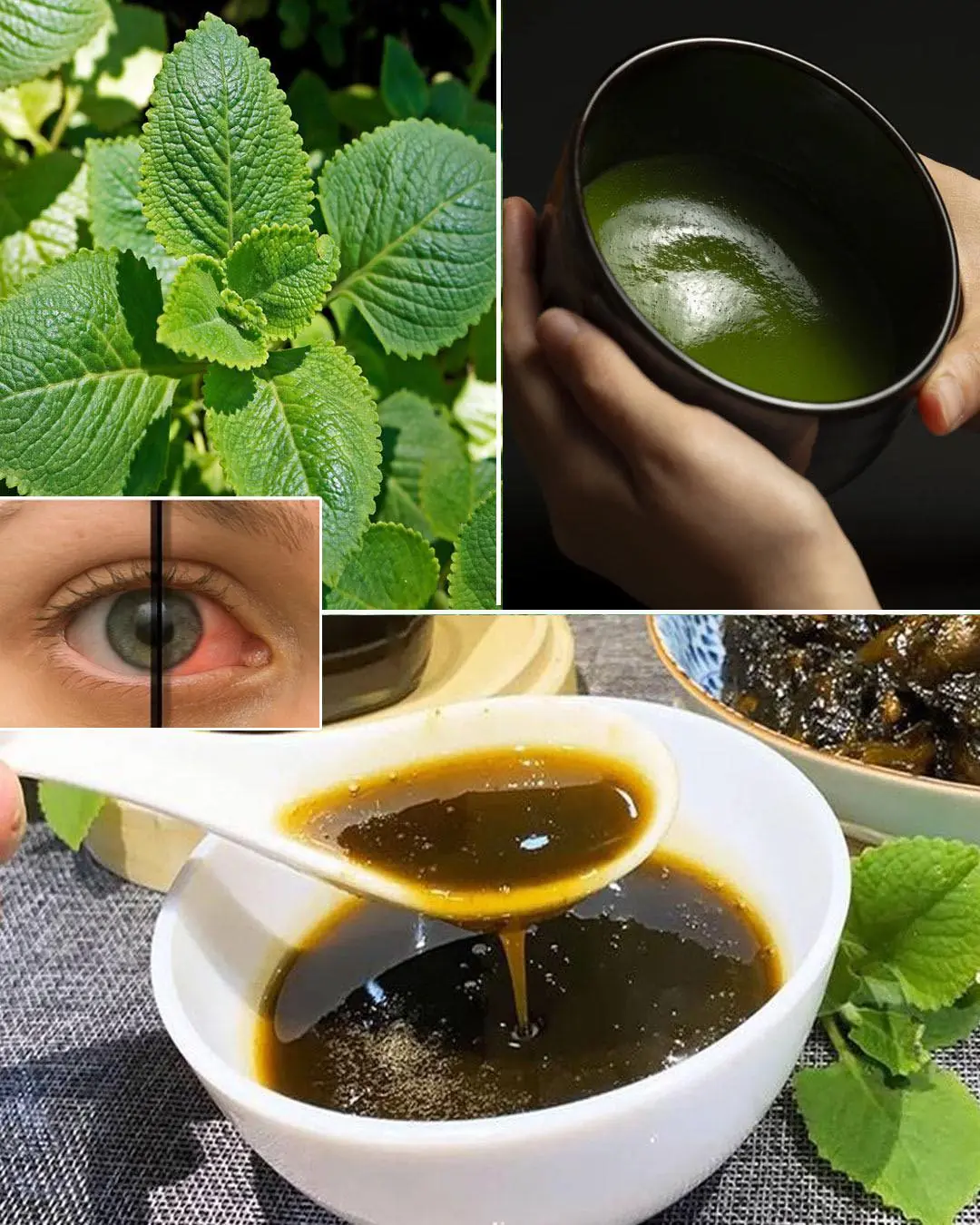
Oregano: The Golden Herb for Eye Health
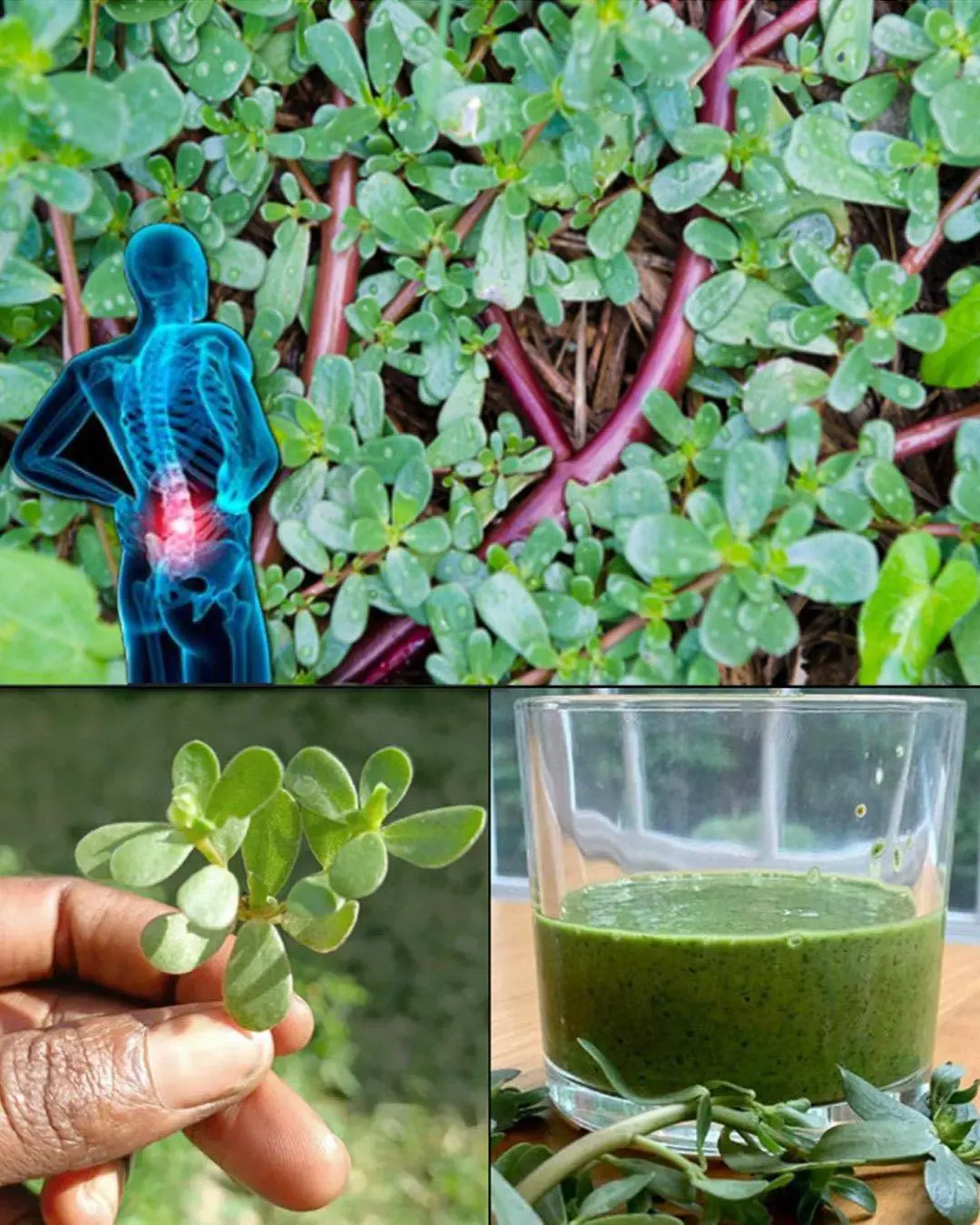
Purslane: The Superfood That Tastes Better Than Meat – 7 Reasons to Grow It in Your Garden
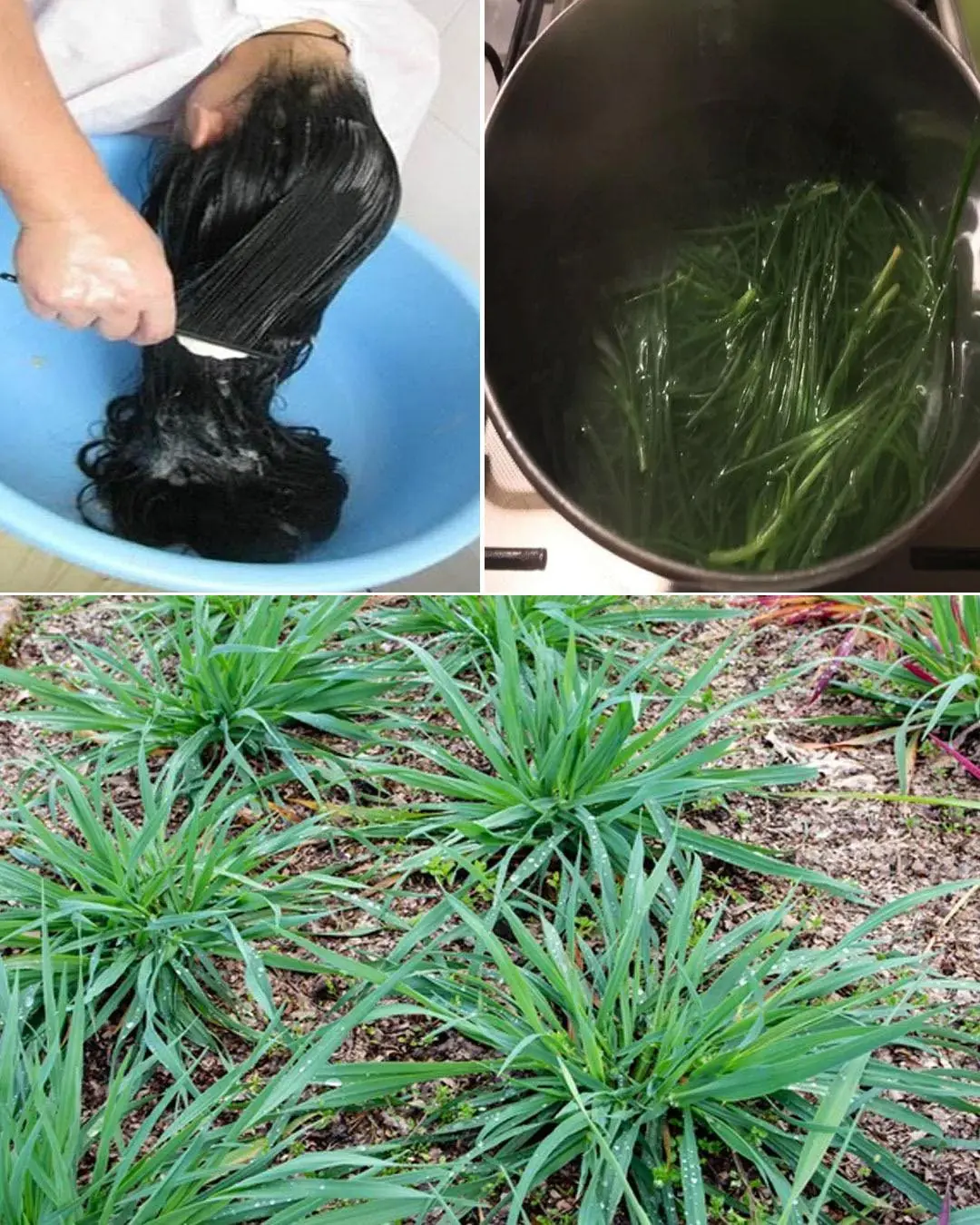
Crabgrass for Hair Loss: Natural Remedies and Uses
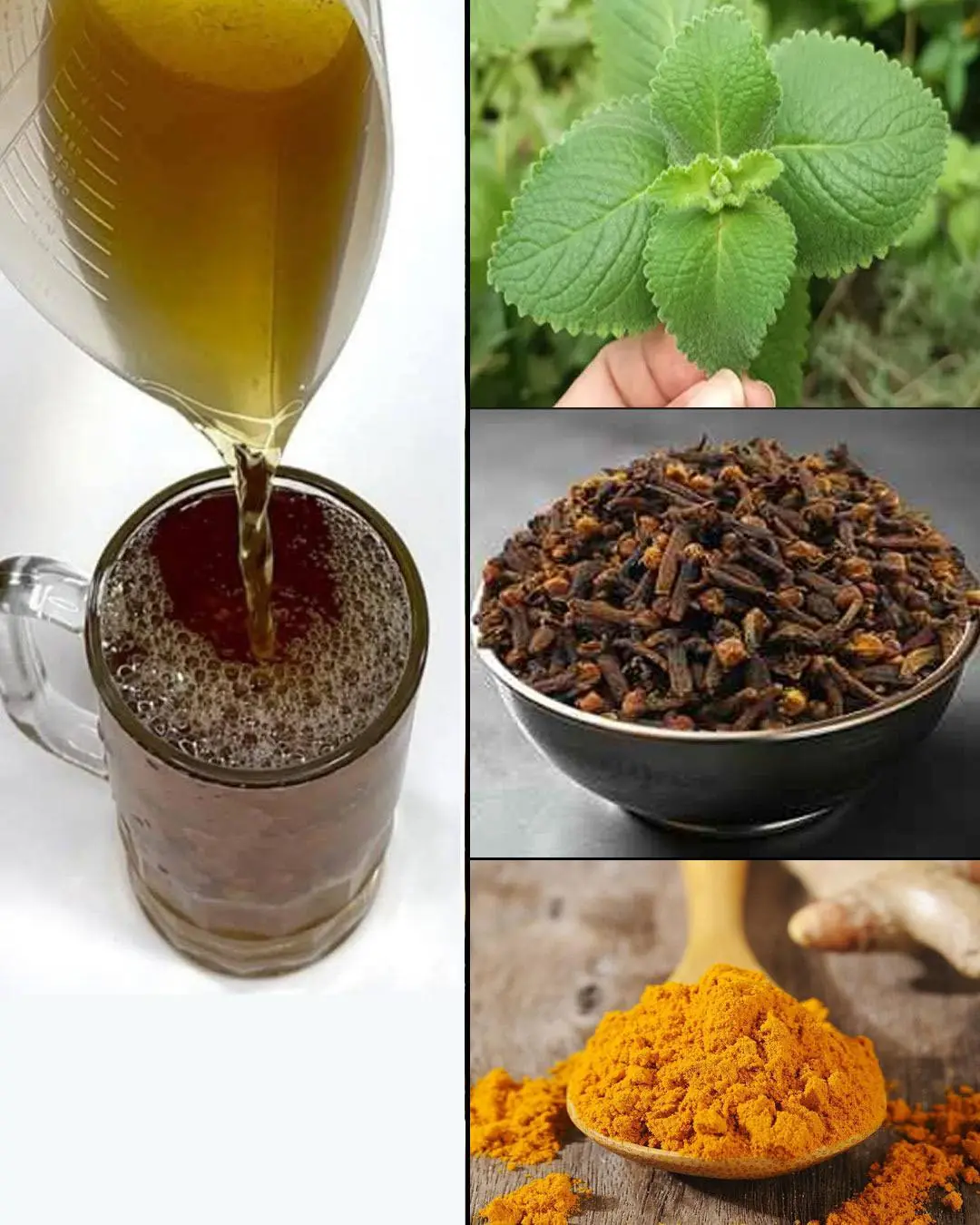
Cuban Oregano, Cloves & Turmeric: The Natural Remedy for Pain, Inflammation, and Immunity Boost
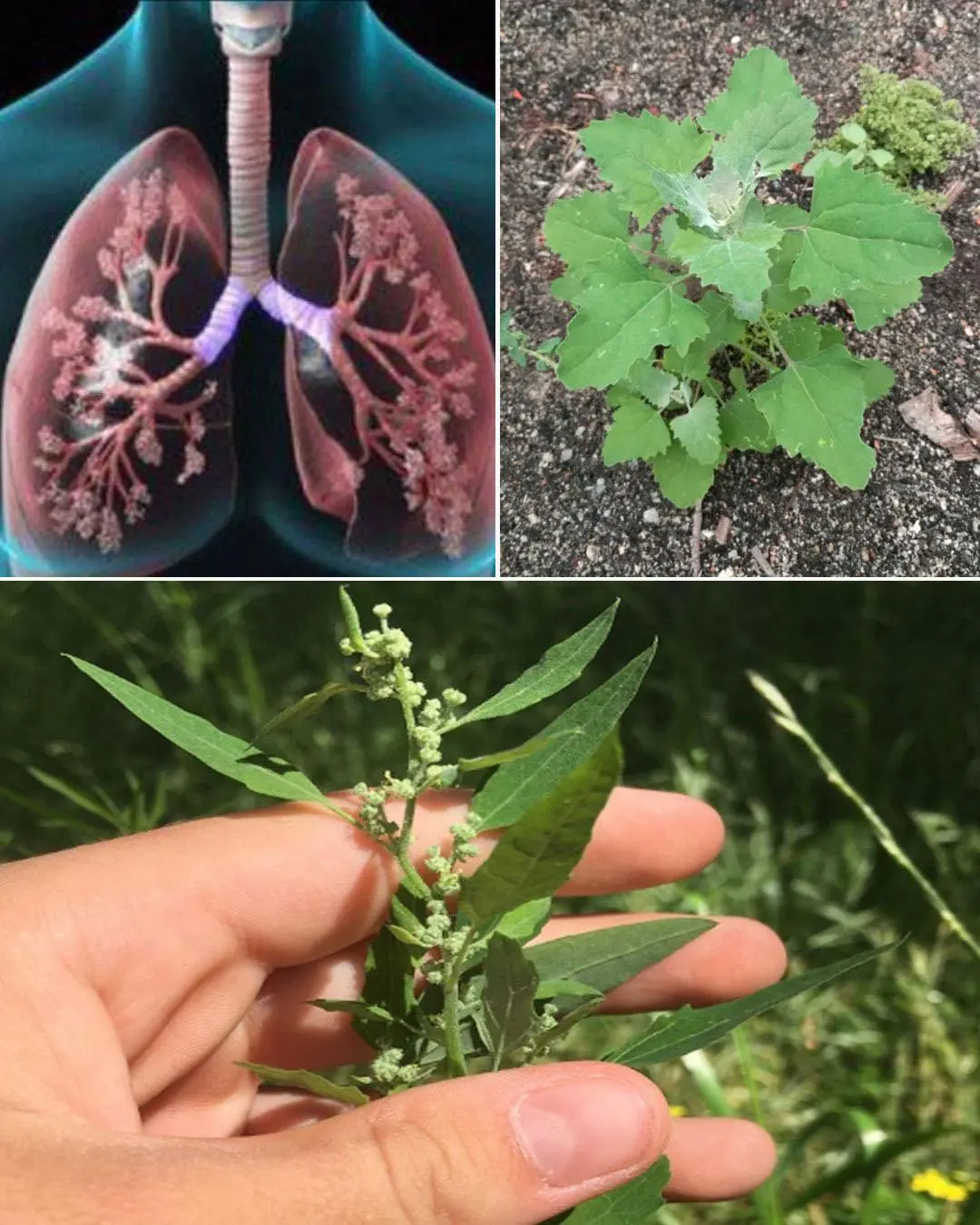
Lamb’s Quarters/Wild Spinach a superfood with health benefits
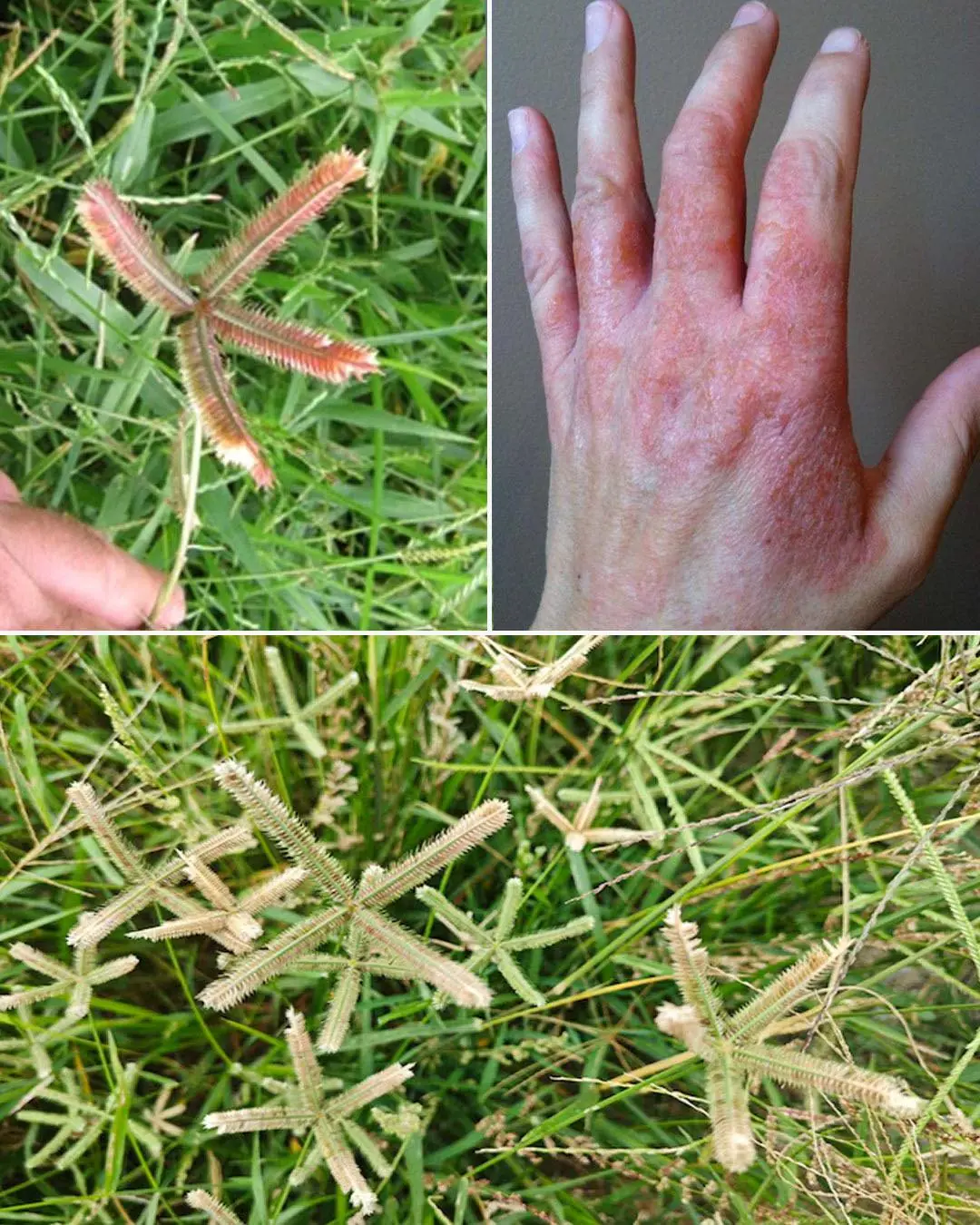
Crowfoot Grass Benefits: The Overlooked Weed With Powerful Healing Properties
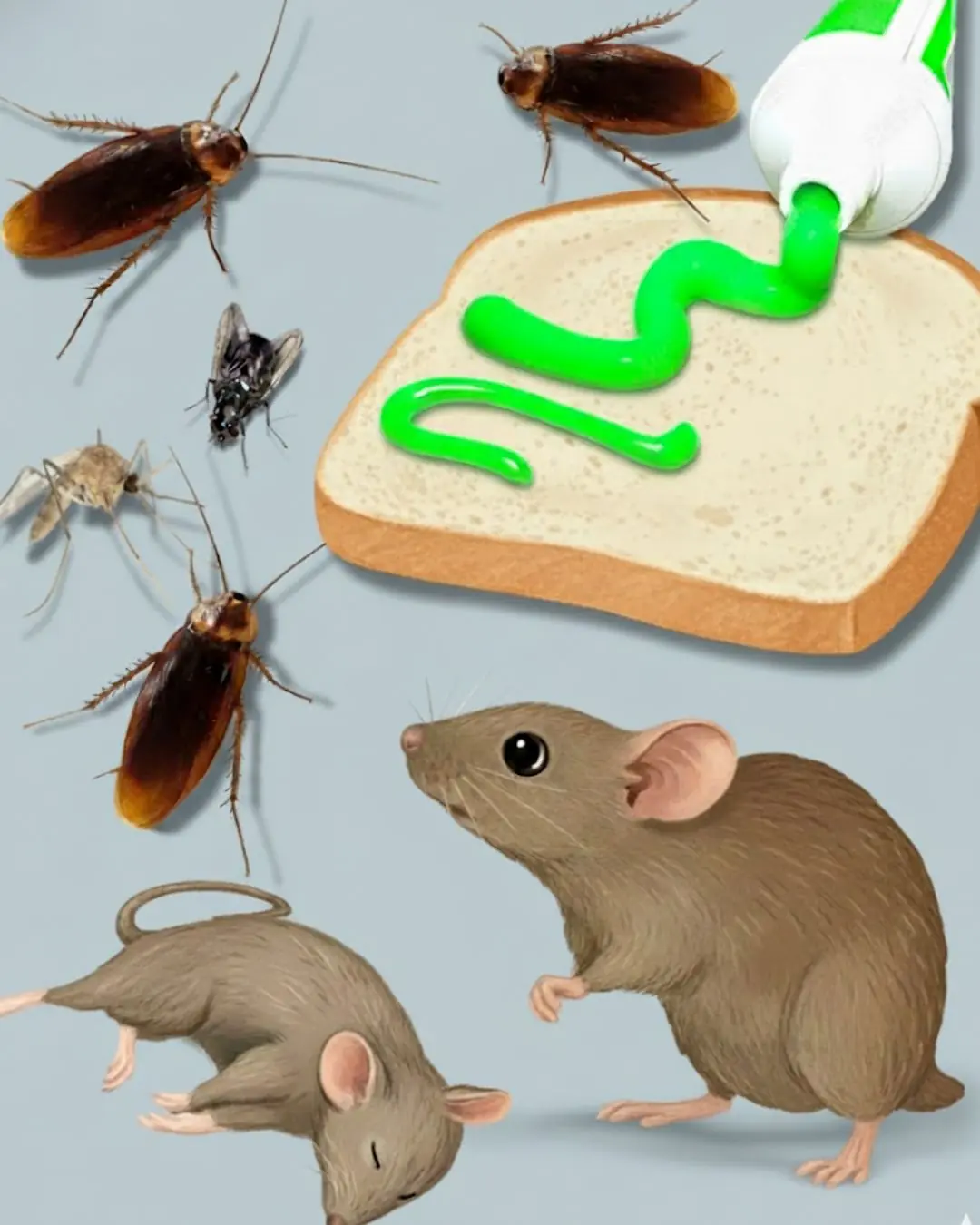
🐜 Shocking Home Hack: Repel Pests with Toothpaste!
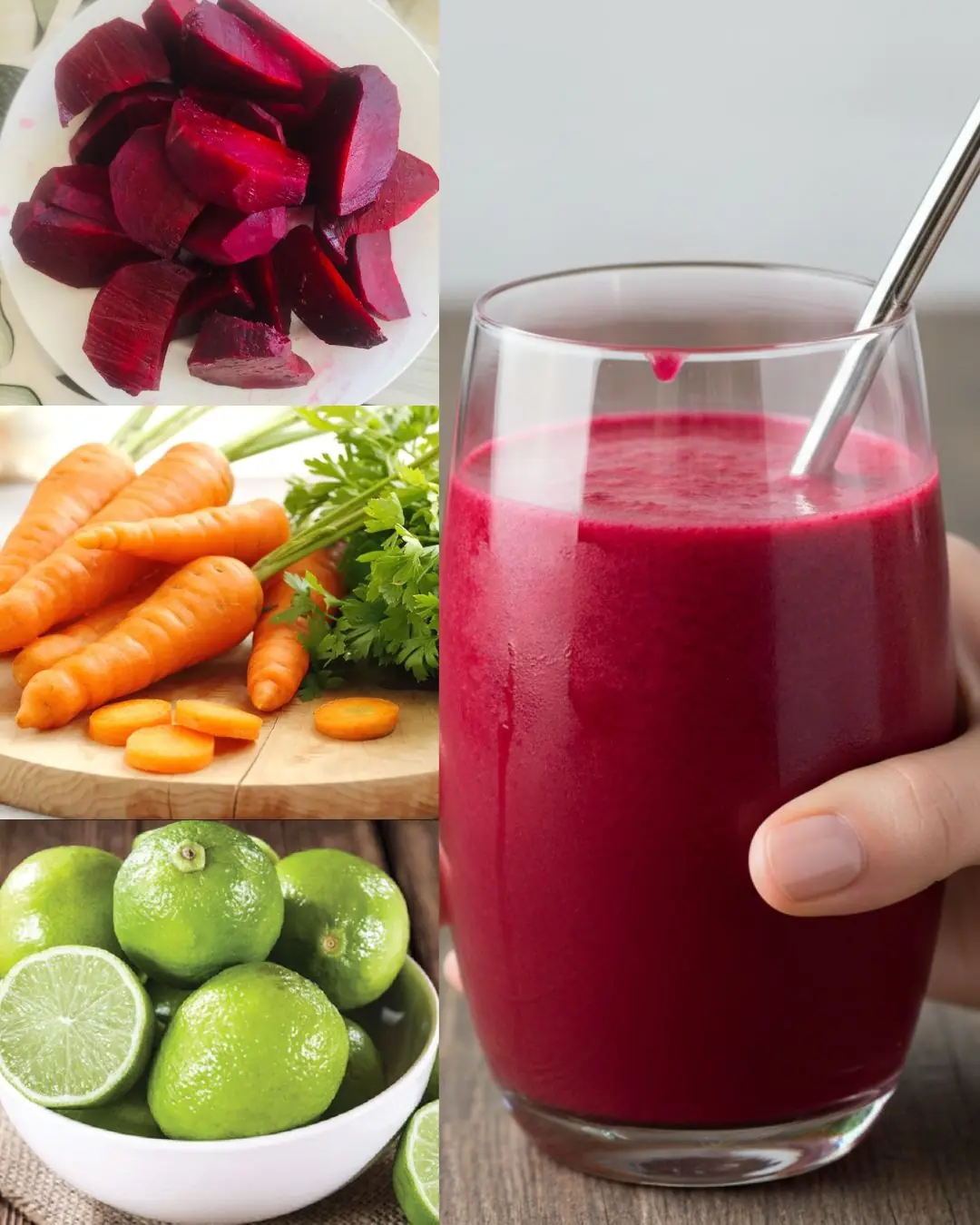
🌿 The Powerful Detox Smoothie That Fights Fatigue, Improves Memory & Restores Vision
